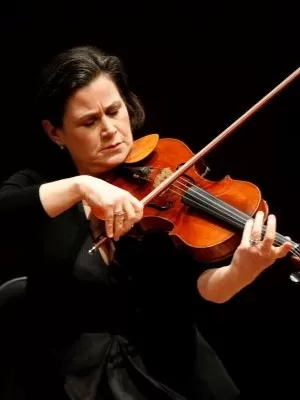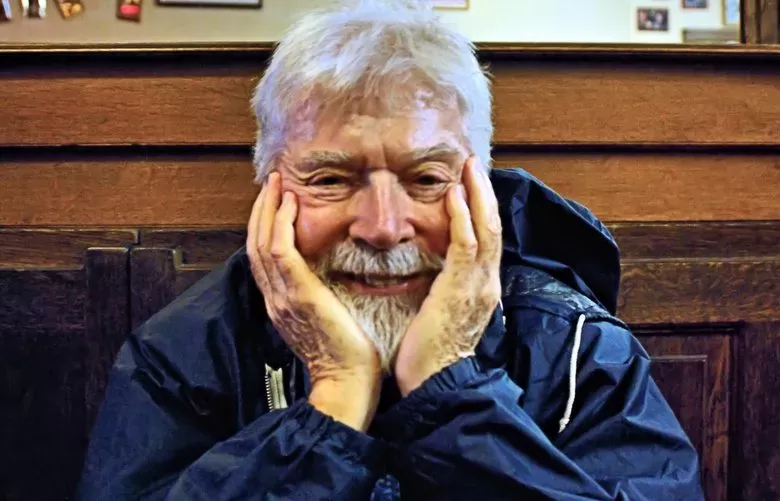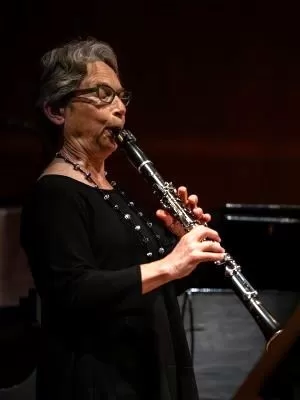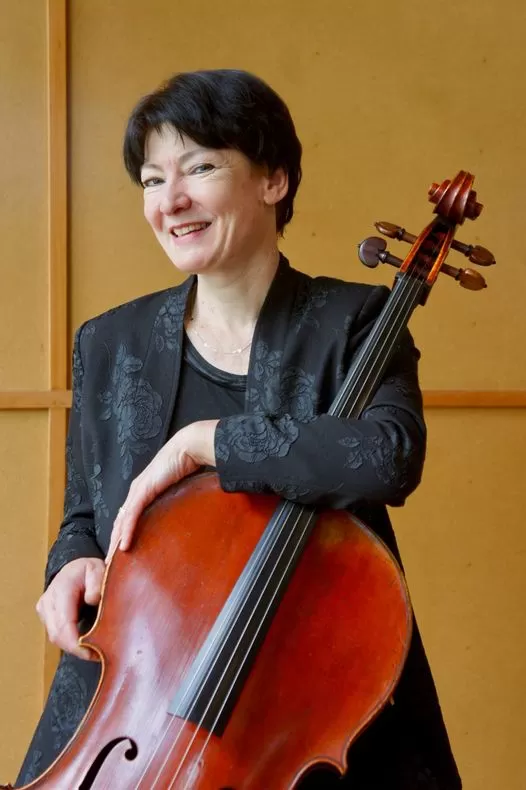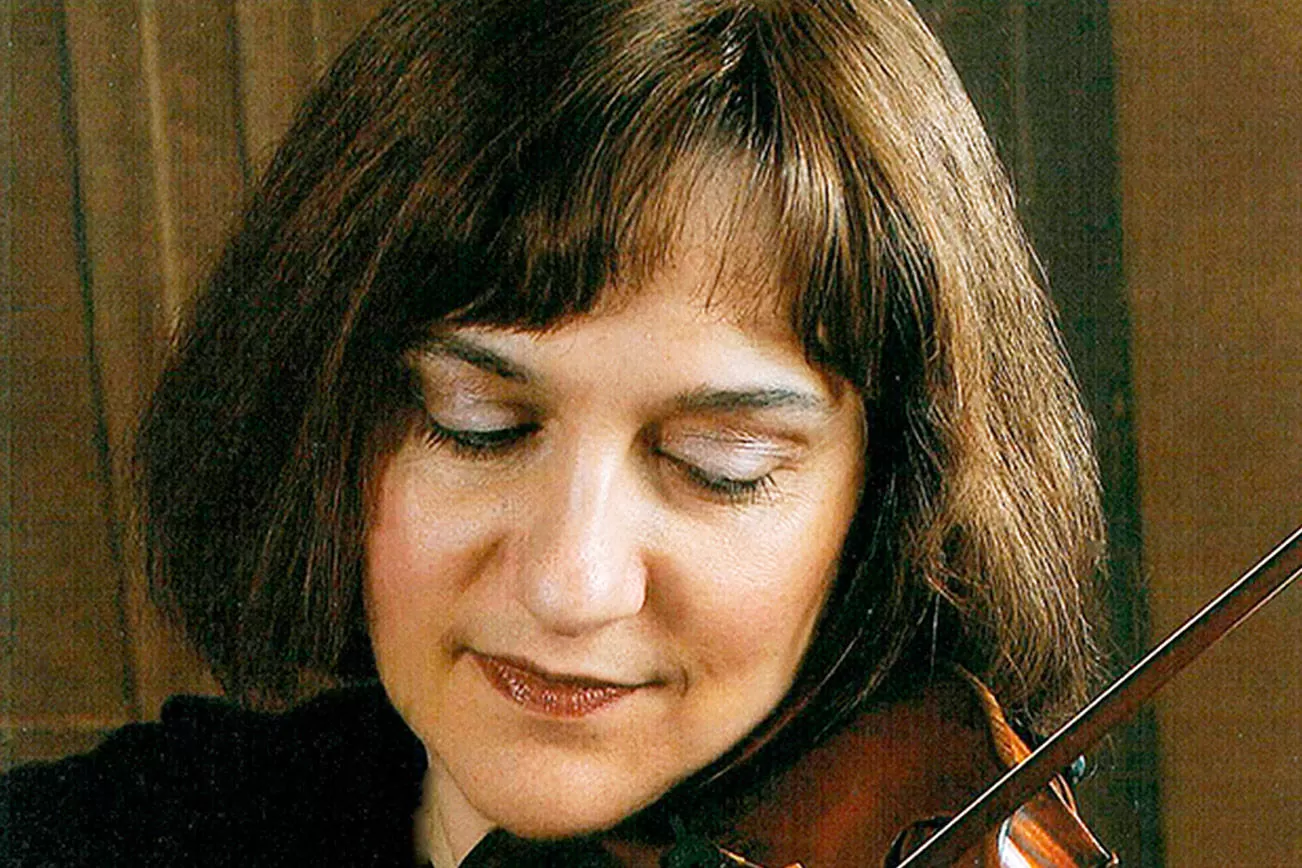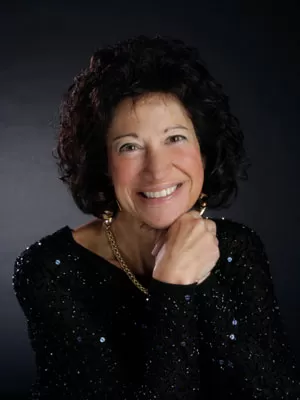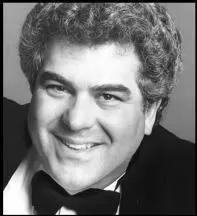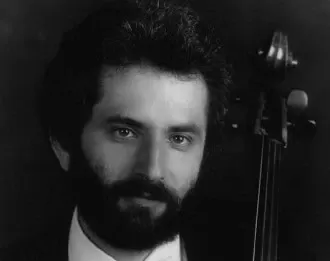Nov 9, 1999 - 7:30 pm
| Theme with Variations (1935) | Hans Krasa (1899 – 1944, Auschwitz) |
|---|---|
| Mikhail Shmidt, violin Leonid Keylin, violin Susan Gulkis, viola Mara Finkelstein, cello |
|
| Brezulinka: Three songs, Opus 53 (Terezín,1944) | Viktor Ullmann (1898 – 1944, Auschwitz) |
| Julie Mirel, mezzo-soprano Mina Miller, piano |
|
| Duo for Violin and Cello (1942) | Gideon Klein (1919 – 1945, Fürstengrab) |
| Mikhail Shmidt, violin David Tonkonogui, cello |
|
| Breath in a Ram's Horn (1995) Poetry by Paul Pines Northwest Premiere |
Daniel Asia (b. 1953) |
| Melvyn Poll, tenor Mina Miller, piano |
|
| Zaddik (Terezín,1942) West Coast Premiere |
Zikmund Schul (1916 –1944,Terezín) |
| Mikhail Shmidt, violin Leonid Keylin, violin Susan Gulkis, viola Mara Finkelstein, cello |
|
| Sparks of Glory (1994 - 1995) Text arranged by Frank Oteri from Moshe Prager's collection Paths of Glory West Coast Premiere |
Paul Schoenfield (b. 1947) |
| Marjorie Kransberg-Talvi, violin Laura DeLuca, clarinet David Tonkonogui, cello Mina Miller, piano Jack Clay, narrator |
|
Theme with Variations (1935/1942) - Hans Krasa (1899-1944, Auschwitz)
Hans Krasa, born in Prague, was the son of a Czech father and a German mother who generously fostered and encouraged his musical development. He studied under Zemlinsky in Prague and under Roussel in Paris. Krasa's early orchestral, chamber and operatic works enjoyed considerable critical acclaim in France and the United States. The Boston Globe critic wrote of his "notable individuality and skill....it is curious that so young a man should think and feel so utterly for himself."
Krasa's 1938 children's opera Brundíbar became widely known for its human qualities. It was performed by children in Terezín no fewer than 55 times, bringing some joy and courage to children and adults alike.
Theme and Variations was not written in Terezín, but was probably heard there for the first time. The theme had been composed in 1935 as part of the incidental music to a light theatrical piece by Hoffmeister. It had proved so popular as "Anna's song" that Krasa then incorporated it into his string quartet and his Chamber Music for Harpsichord and Seven Instruments. Krasa left Terezín on October 16, 1944, in the company of Viktor Ullmann, Pavel Haas and others, and was gassed in Auschwitz the following day.
Brezulinka: Three Songs (Terezín, 1944) - Viktor Ullmann (1898-1944, Auschwitz)
Born in Silesia on New Year's Day 1898, Ullmann was raised and educated in Vienna. At an early age he became an active member of Schoenberg's circle, and worked at the New German Opera in Prague as one of Zemlinsky's assistant coaches and conductors. His compositions throughout the 1920s and 1930s were much indebted to Zemlinsky as well as Debussy, Berg and Mahler.
In Terezín, Ullmann was in the very center of all the intellectual and artistic activity as composer, organizer, lecturer and writer. He eloquently appraised the effects of his own confinement, writing "...it must be emphasized that Theresienstadt has served to enhance, not to impede my musical activities, that by no means did we sit weeping by the waters of Babylon, and that our endeavor with respect to Art was commensurate with our will to live."
Although of Jewish parentage, Ullmann was raised a Catholic, converted to Protestantism and later returned to Catholicism. Though there was nothing in his pre-Terezín music to suggest any Jewish awareness, once in the concentration camp he made many arrangements of Jewish folk songs for both solo voice and choir.
The first song, Little Birch Tree, is suggestive of the introduction to Mahler's Symphony No. I in a very sophisticated treatment of the melody. The second song, Daisies, is a seduction and loss-of-innocence vignette in waltz time. The third, I am a Maiden - No Longer Young, the bittersweet complaint of a lady no longer young, has a rhythmic dance quality.
Ullmann was on the same transport to Auschwitz on October 16, 1944 that also took the lives of Hans Krasa and Pavel Haas.
Duo for Piano and Cello (1941) - Gideon Klein (1919-1945, Fürstengrab)
Gideon Klein, born December 1919 in Moravia, displayed great musical talent at a very early age. His studies in Prague in piano performance, philosophy and musicology were curtailed when the German occupation of Czechoslovakia led to the closing of all colleges and universities in 1939. Klein briefly adopted a Czech pseudonym when all public performances by Jewish artists were forbidden. By 1941 he had been interned in Terezín. There he was pivotal in the cultural life of the concentration camp---repairing instruments, arranging schedules, accompanying operatic and choral performances and also composing chamber and vocal works, including arrangements of Czech, Russian and Hebrew folk songs.
Klein was known to his contemporaries only as a brilliant pianist, not as a composer. Many of his Terezín compositions were not heard at the time but were entrusted to a fellow prisoner who survived the Holocaust and later passed them on to Klein's sister. She organized the first-ever concert of her brother's music in Prague in 1946. It was only in 1990 that it was discovered that before leaving for Terezín in 1941, Klein had hidden a package at the home of his friend Eduard Herzog. The package proved to contain six compositions which were thus belatedly able to take their rightful place in the cultural heritage of Czechoslovakia.
Among the six works was the Duo for Violin and Cello which probably dates from 1941. In style, the work is close to that of the 2nd Viennese school, especially Alban Berg. The slow second movement is performed unfinished, exactly as it was found.
Deported to Auschwitz in October 1944, Klein was murdered in Fürstengrab in January 1945, shortly after his 25th birthday.
Breath in a Ram’s Horn (1995) - Daniel Asia (b. 1953)
Daniel Asia offers the following notes:
Breath in a Ram’s Horn is a song cycle of five poems. They range from the sublime to the mundane, from the sacred to the profane.
The texts are by the writer/poet Paul Pines. He and I first met at the MacDowell Colony, an artist’s retreat in Peterborough, New Hampshire. We became close friends, partly as a result of a shared ferocity brought to the game of table tennis. I requested books of poetry. I have so far written five works based on his writings.
His poems seem to bring together very disparate worlds, uniting a wealth of emotional perspectives. The imagery ranges from Eccelesiastes to the Blues, stating something universal that is culled from the simple and earthy. At the core of the work is man’s uneasy place in the universe; that of a curious bystander to his own inner world, living in a physical world he also hardly understands. How these interior and exterior worlds meet and interact is the enigma at the center of these poems. However it is an enigma that is often imbued with a wry and delicate sense of humor.
The poems in this cycle are imbued with images of family and Judaism, and their intertwining. One finds memories of the poet’s father, mother, and grandfather; memories of prayer shawls, phalacteries, praying; imagery of the High Holy Days, Rosh Hashana and Yom Kippur, and the power of recollection; and a reflection on Job and David. And just like the lives of these two Biblical characters, the poems are not pretty or easy, but rather filled with the difficulties and anguish of a life as it is really lived.
Zaddik (Terezín, 1941) - Zikmund Schul (1916-1944, Terezín)
Zikmund Schul was born in Saxony in 1916 into an assimilated Jewish family. After studies with Hindemith in Berlin, he moved with his father to Prague in 1937. He was employed at the Alt-neu Shul, cataloguing the collection of old Jewish manuscripts, and this stimulated his interest in Jewish music.
His compositions after deportation to Terezín in November 1941 continued to have a distinctly Jewish character, such as Two Chassidic Dances, In the Shadow of Your Wings, and Cantata Judaica.
One of Schul’s small string pieces written in 1942 was Zaddik (A Righteous Person). No instrumentation was indicated, although the writing seems most suited to a string quartet. An unassuming work, it gives the impression of a chorale-like and lyrical little interlude.
Schul died of tuberculosis in Terezín at age 28.
Sparks of Glory (1994-1995) - Paul Schoenfield (b. 1947)
West Coast Premiere
Paul Schoenfield is one of those rare composers whose work (in the eloquent words of Joel Sachs) combines exuberance and seriousness, familiarity and originality, lightness and depth. His inspiration, while specifically Jewish-American, draws on a wide range of experience both foreign and American. In a single piece he often mixes ideas from entirely different worlds, and delights in the surprises that their interaction evokes. He has fused an instinct for accessibility with a rigorous and complex compositional mind.
Schoenfield began studying piano at age six, and wrote his first composition the following year. He was an assistant teacher to Nikolai Lopatnikoff at Carnegie-Mellon University. Taught by Rudolf Serkin (piano) and Nikolai Lopatnikoff (composition), he holds degrees from Carnegie-Mellon University and the University of Arizona, where he received his Doctorate in Musical Arts at age 22. His composition, Camp Songs, commissioned by Music of Remembrance, was a finalist for the 2003 Pulitzer Prize in Music.
The inspiration for Schoenfield's Sparks of Glory comes from a book compiled by Moshe Prager, a young Polish journalist during World War II. The collection, entitled Paths of Glory, retells actual heroic incidents from those dreadful years. Schoenfield derived the title of his four-movement work from Prager's introduction in which the author wrote: "Amid the black clouds which billow out of the Holocaust of Europe there are many flying sparks and flashes of human elevation. This harvest represents a modest attempt to bring together the scattered sparks, which joined, will burn as a mighty flame."
